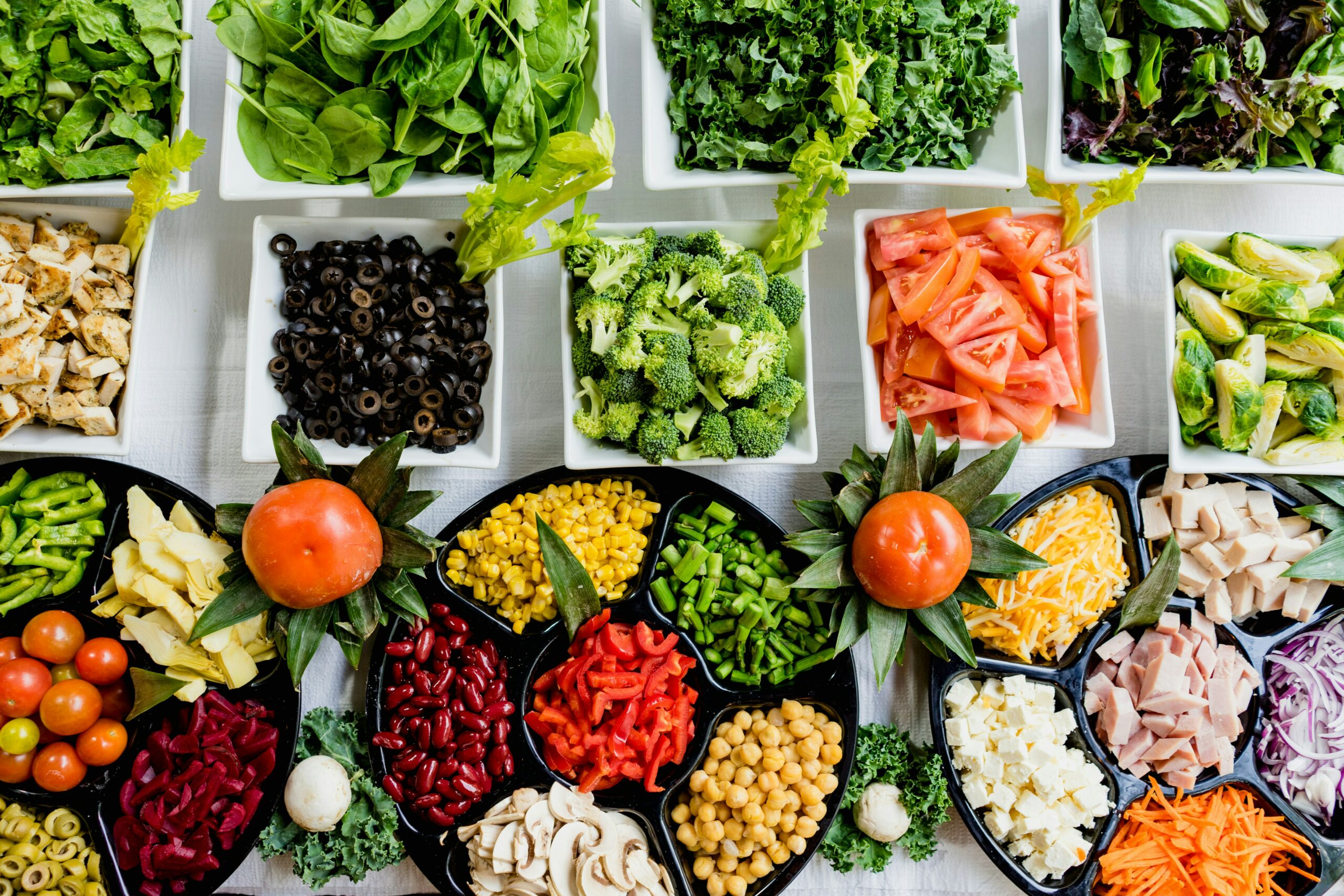Exploring Food Industry Investments in Sustainable Agriculture Research and Development
Sustainable agriculture plays a crucial role in ensuring the long-term health and well-being of our planet. By implementing sustainable practices, the food industry can reduce its environmental footprint, preserve natural resources, and protect biodiversity. This not only benefits the ecosystem but also safeguards the supply of food for future generations.
Moreover, sustainable agriculture promotes the welfare of farmers and rural communities by providing them with stable incomes, improved working conditions, and diversified sources of revenue. By fostering a more resilient and equitable food system, sustainable agriculture helps to address social issues such as poverty, food insecurity, and rural migration. In essence, the adoption of sustainable practices in the food industry is essential for creating a more sustainable, ethical, and resilient food system for the benefit of all stakeholders.
• Sustainable agriculture reduces environmental footprint
• Preserves natural resources and protects biodiversity
• Safeguards food supply for future generations
• Promotes welfare of farmers and rural communities
• Provides stable incomes and improved working conditions
• Diversifies sources of revenue for farmers
• Addresses social issues such as poverty, food insecurity, and rural migration
• Creates a more resilient and equitable food system
• Essential for creating a sustainable, ethical, and resilient food system
Current Trends in Sustainable Agriculture Research and Development
Sustainable agriculture research and development are witnessing an increased focus on precision farming techniques. This approach involves using advanced technologies like sensors, drones, and artificial intelligence to optimize resource use, reduce waste, and enhance crop productivity. By precisely monitoring soil conditions, water usage, and plant health, farmers can make informed decisions that lead to more sustainable farming practices and higher yields.
Another prominent trend in sustainable agriculture research is the promotion of agroforestry systems. Agroforestry involves integrating trees and shrubs into conventional farming practices to create a more diverse and resilient ecosystem. This approach not only helps to improve soil health and water retention but also provides additional benefits such as carbon sequestration, biodiversity conservation, and income diversification for farmers. Agroforestry systems are increasingly recognized for their potential to contribute to climate change mitigation and sustainable food production.
Challenges Faced by the Food Industry in Adopting Sustainable Agriculture Practices
Achieving widespread adoption of sustainable agriculture practices within the food industry is not without its hurdles. One of the primary challenges faced by companies is the financial investment required to transition to more sustainable methods. Implementing new technologies, retraining staff, and adjusting supply chains all come with significant costs that can be a barrier for many businesses, particularly smaller ones.
In addition to financial considerations, there is also the issue of consumer demand. While there is a growing interest in sustainability among consumers, there are still segments of the market that prioritize convenience and cost over environmental concerns. This poses a challenge for food companies looking to make changes to their practices, as they must find a balance between meeting the demands of all consumers while still striving for more sustainable operations.
Why is sustainable agriculture important in the food industry?
Sustainable agriculture helps to protect the environment, conserve natural resources, and ensure the long-term viability of food production.
What are some current trends in sustainable agriculture research and development?
Some current trends include the use of precision farming techniques, adoption of organic farming practices, and development of drought-resistant crops.
What are some challenges faced by the food industry in adopting sustainable agriculture practices?
Challenges include the high cost of implementing sustainable practices, lack of consumer awareness and demand for sustainable products, and regulatory barriers.



